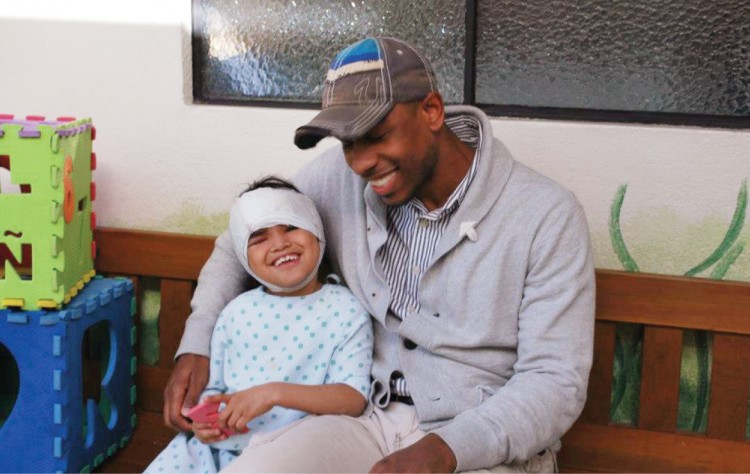
Vanderbilt’s expanded commitment to research and sustainable development in Guatemala took a giant step forward this past spring with the opening of a Guatemala City field station that is home to 13 projects. The field station, located at the Moore Pediatric Surgery Center, provides support for diverse programs ranging from pediatric surgery to study of Mayan languages as well as small-scale coffee production.
“The 13 initiatives share a common vision for sustainable improvements in the quality of life,” says Edward F. Fischer, professor of anthropology and director of the Center for Latin American Studies at Vanderbilt. “Bringing them together under one roof complements the ‘one university’ model espoused by Vanderbilt’s senior leadership.” He notes that this initiative, by building on collaborations among Vanderbilt departments, programs and schools, avoids the tendency of units in some large research universities to operate in isolation and in competition with each other.
Each year at least 50 Vanderbilt graduate and undergraduate students travel to Guatemala to carry out research and engage in service learning. Vanderbilt’s work in Guatemala began in the mid-1980s with archaeological excavations and expeditions led by Arthur Demarest, the Ingram Professor of Anthropology. At the time, Guatemala was still in the midst of a 36-year civil war that ended with the signing of peace accords in 1996. Since then Vanderbilt’s interest and presence in Guatemala have steadily increased.
“In a country that has experienced some transitory aid efforts, Vanderbilt has achieved effective and sustainable initiatives involving the School of Medicine, Nursing, Engineering, Owen, and the College of Arts and Science,” says Fischer. “Guatemala’s proximity and diversity make it an ideal site for these projects. The Central American nation is roughly the same size in area as Tennessee, with double the population and less than a fifth the size of the state’s economy.”
The field station receives significant support from the Monroe Carell Jr. Children’s Hospital, Vanderbilt International Office, Center for Latin American Studies and the Shalom Foundation.